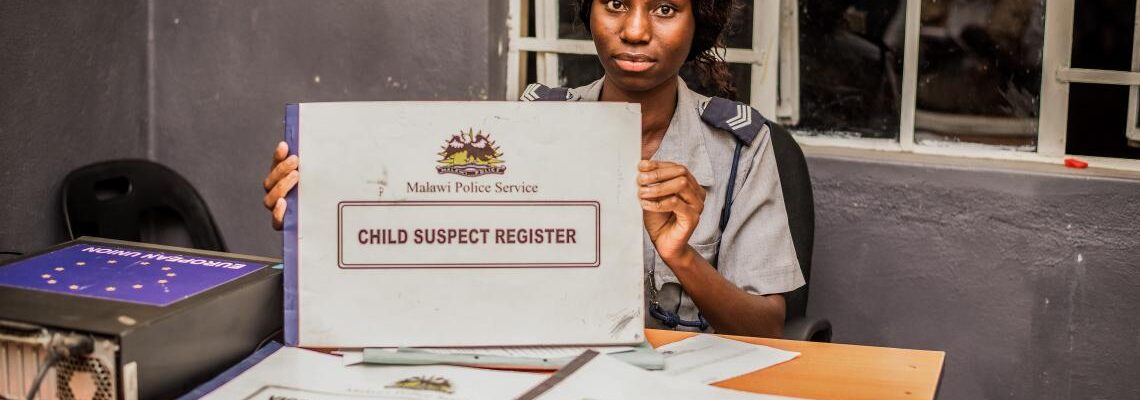Fighting child abuse by raising the awareness of community leaders
Malawi | 2023 | CERF
Malawi, Chikwawa. “We couldn’t keep quiet,” says Mary (not her real name), a camp leader at a site that shelters 450 people displaced by the Tropical Cyclone Freddy. “Here was a vulnerable girl who was expressing her feelings and fear relating to sexual abuse by her father.”
Malawi has been experiencing increased frequency, intensity, and magnitude of extreme weather events. Tropical Cyclone Freddy hit Malawi just as the country was facing one of the worst cholera outbreaks in recent history, as well as high food insecurity at the peak of the lean season. The Cyclone displaced over 600,000 people. Displacement from their normal homes and communities makes girls and women more vulnerable to abuse.
Mary had recently attended a training on how to handle gender-based violence cases when the girl came to her for help. As the women were discussing what actions to take next, the perpetrator arrived at the camp, threatening to punish the girl.
Instead, the chief stepped in. He met with the man and confronted him with the allegations, subsequently calling the police. Meanwhile, the girl was able to access health services and mental health support.
With funding from the United Nations Central Emergency Response Fund (CERF) and other donors, UNICEF is supporting the Malawi Police Service to protect children and women in disaster zones, including evacuation camps.
According to Chikwawa Police Victim Support Units coordinator Mvunthe, this programme has improved safety, security, and the management of GBV cases detected in camps.
“The support is timely because GBV cases are rampant in our disaster-prone district, where some men take advantage of displacement, hunger and poverty to sexually assault women. We’ve recorded 11 cases from January to March this year, up from just nine during the same quarter last year.”
Original story: adapted from original article from UNICEF.
